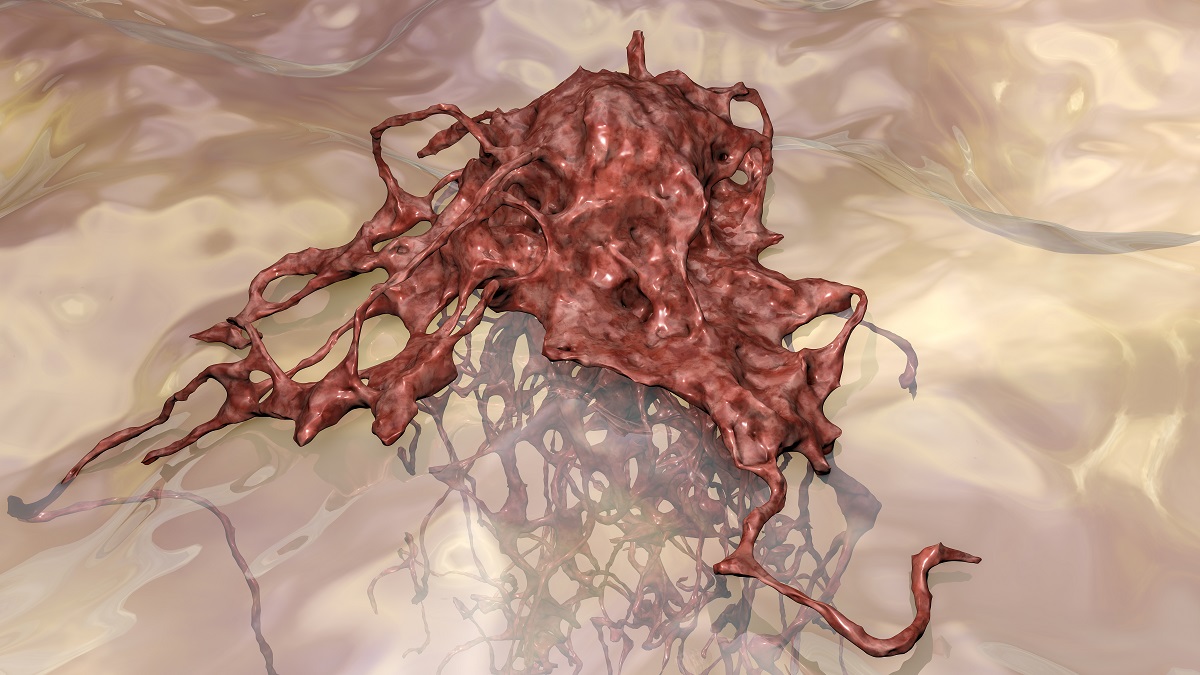With the increasing interest in health screening with chest CT Ground-glass nodule (GGN) has become one of the common lung lesions encountered in daily medical practice. Because lung adenocarcinoma in the form of GGN is an ideal model for studying early lung carcinogenesis, 11 GGN and normal lung specimens from 6 never smoker patients were studied by single-cell RNA sequencing. Lung cancer cells showed enrichment of gene sets related to small vesicle processing and surfactant homeostasis compared to non-malignant lung epithelial cells, suggesting the dysregulation of surfactant pathway may be involved in early lung carcinogenesis. Along with cancer-associated fibroblasts showing enrichment of gene sets involved in negative regulation of protein kinase activity and negative regulation of endothelial cell proliferation, tumor microenvironment (TME) was dominated by infiltration of TNFRSF4+/TNFRSF18+/CTLA4+ regulatory T cells (Treg) and depletion of CD8+ cytotoxic T cells (TC) and γδTC. Majority of mucosa-associated lymphoid tissue B cells (BCs) and follicular BCs were detected within tumor tissue, which was associated with CXCL13 overexpressed in intratumoral Tregs and CD4+ memory TCs. Coordination of components of the TME towards immune evasion is governed by Tregs from the onset of lung cancer, requiring unremitting efforts to target and overcome them. This provision of information on changes in cancer cell-specific biomarkers and TME using early lung cancer from never smokers will provide new insight into early lung carcinogenesis and useful targets for treatment.
Early lung carcinogenesis and tumor microenvironment observed by single-cell transcriptome analysis








Leave a Reply